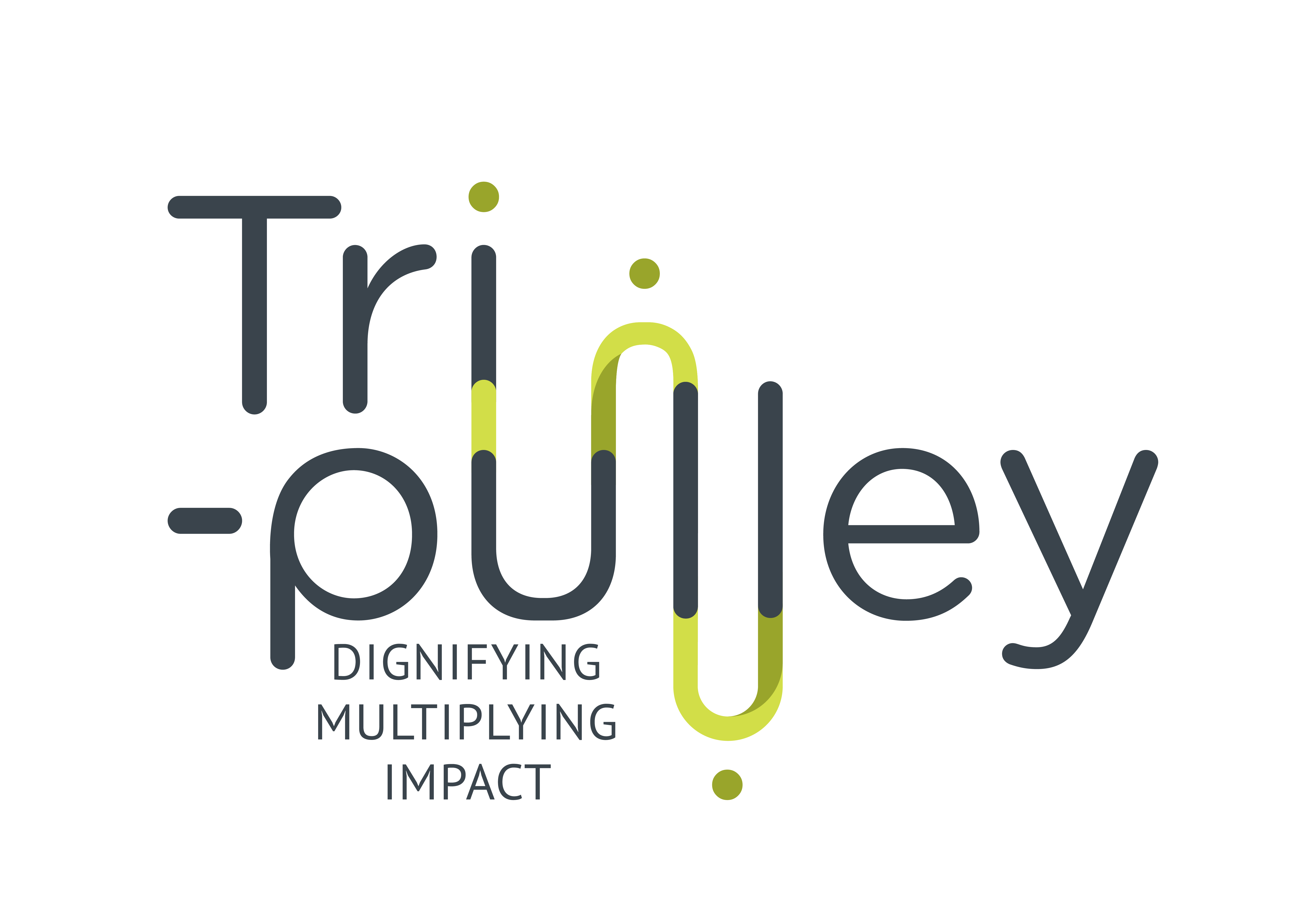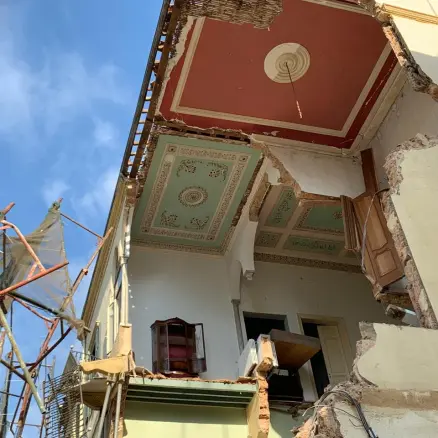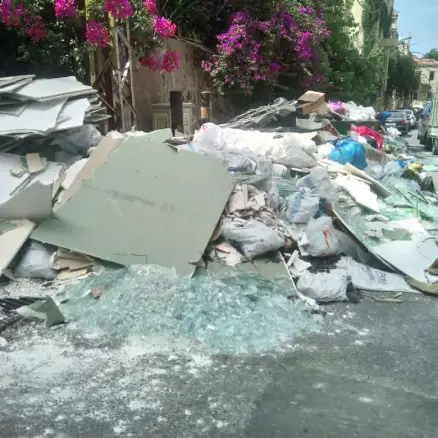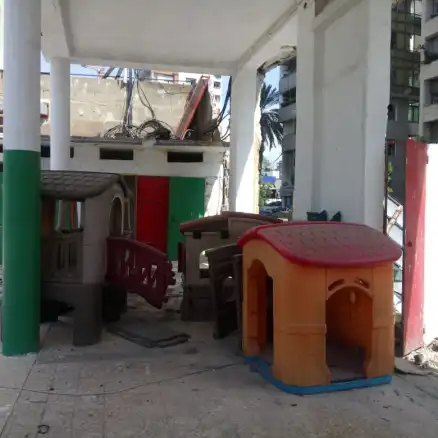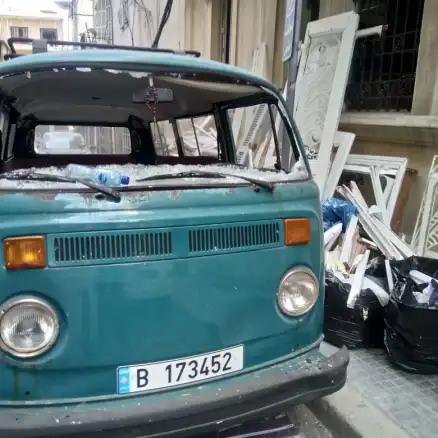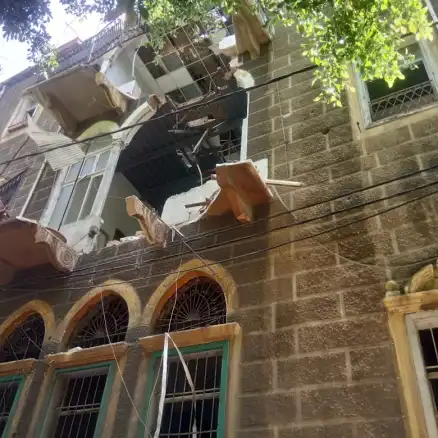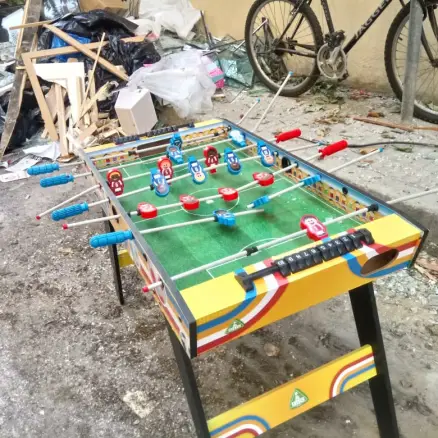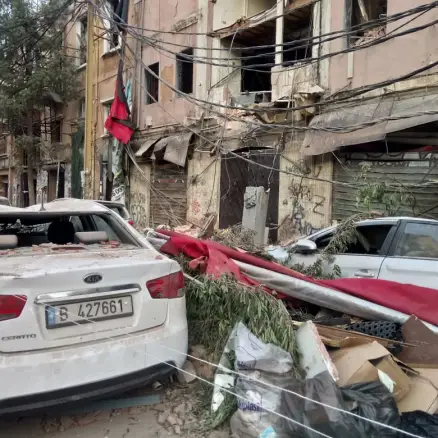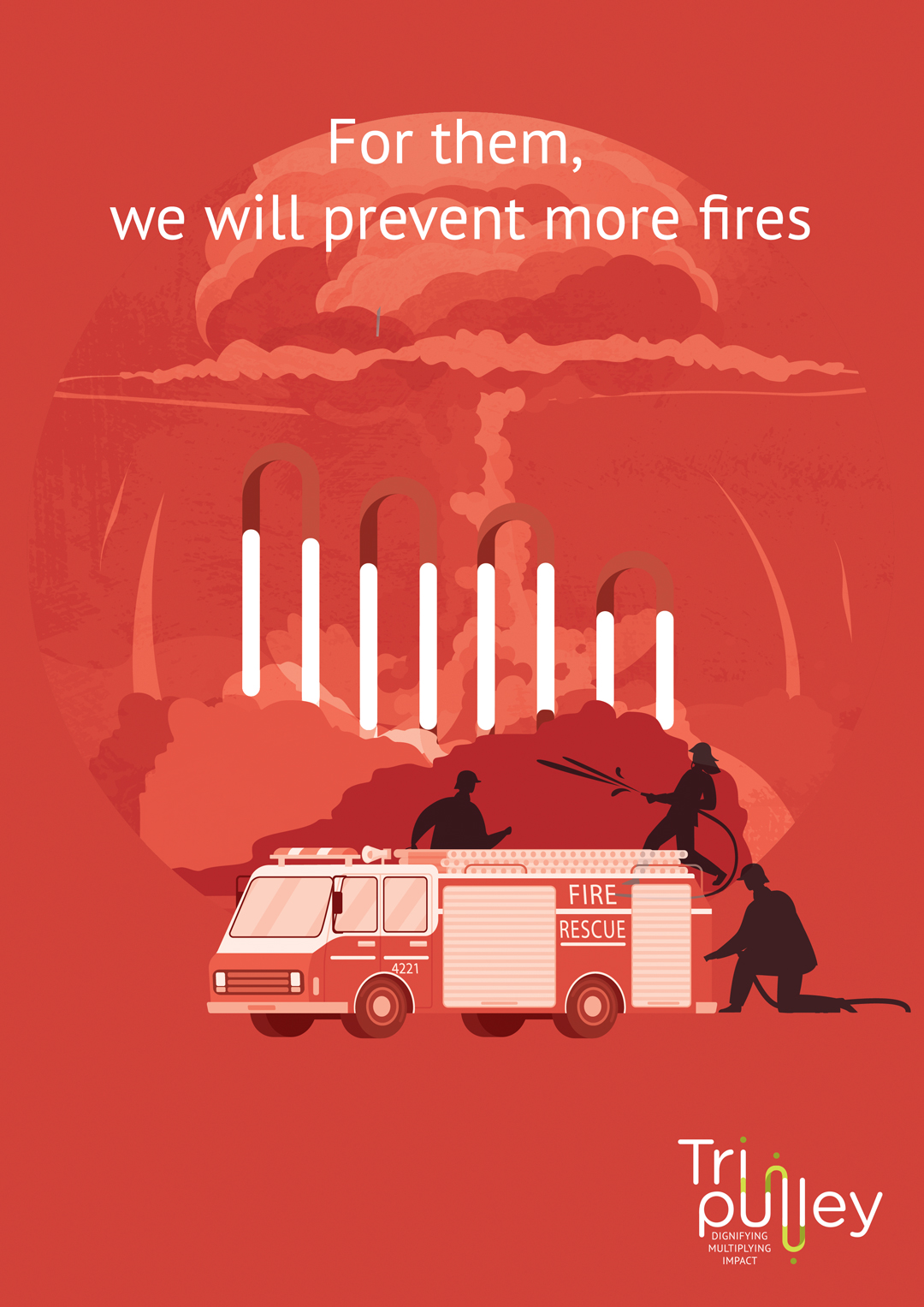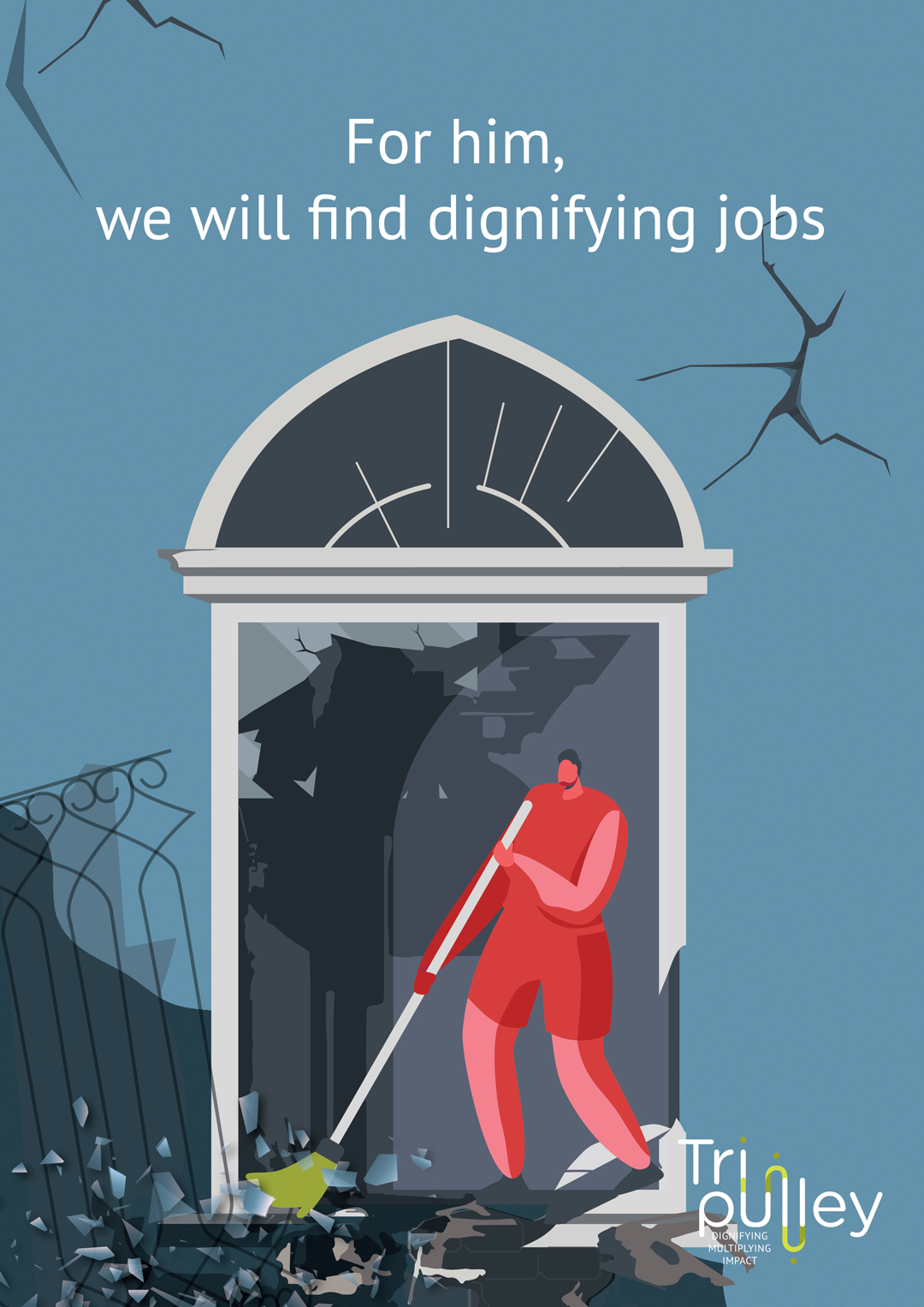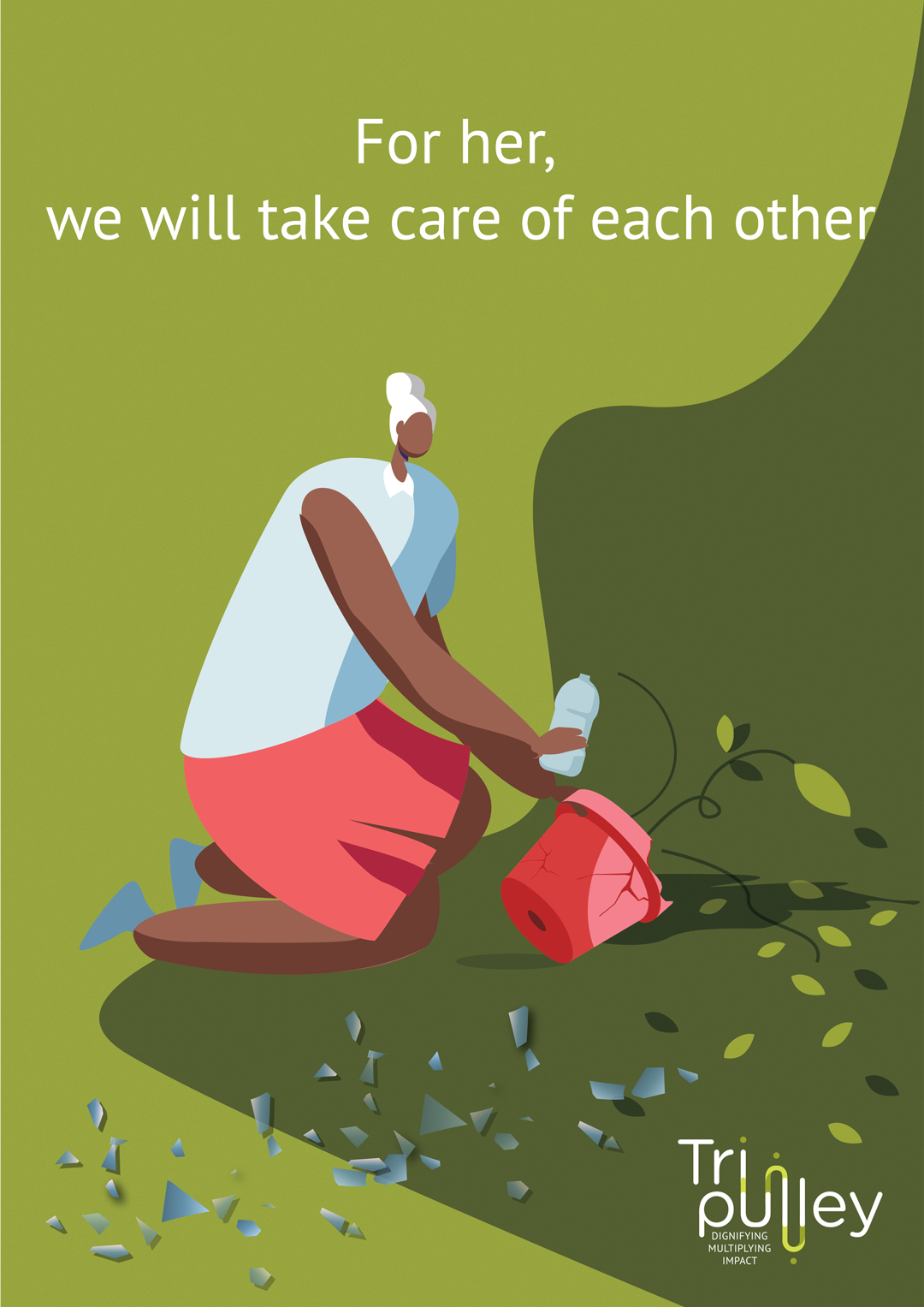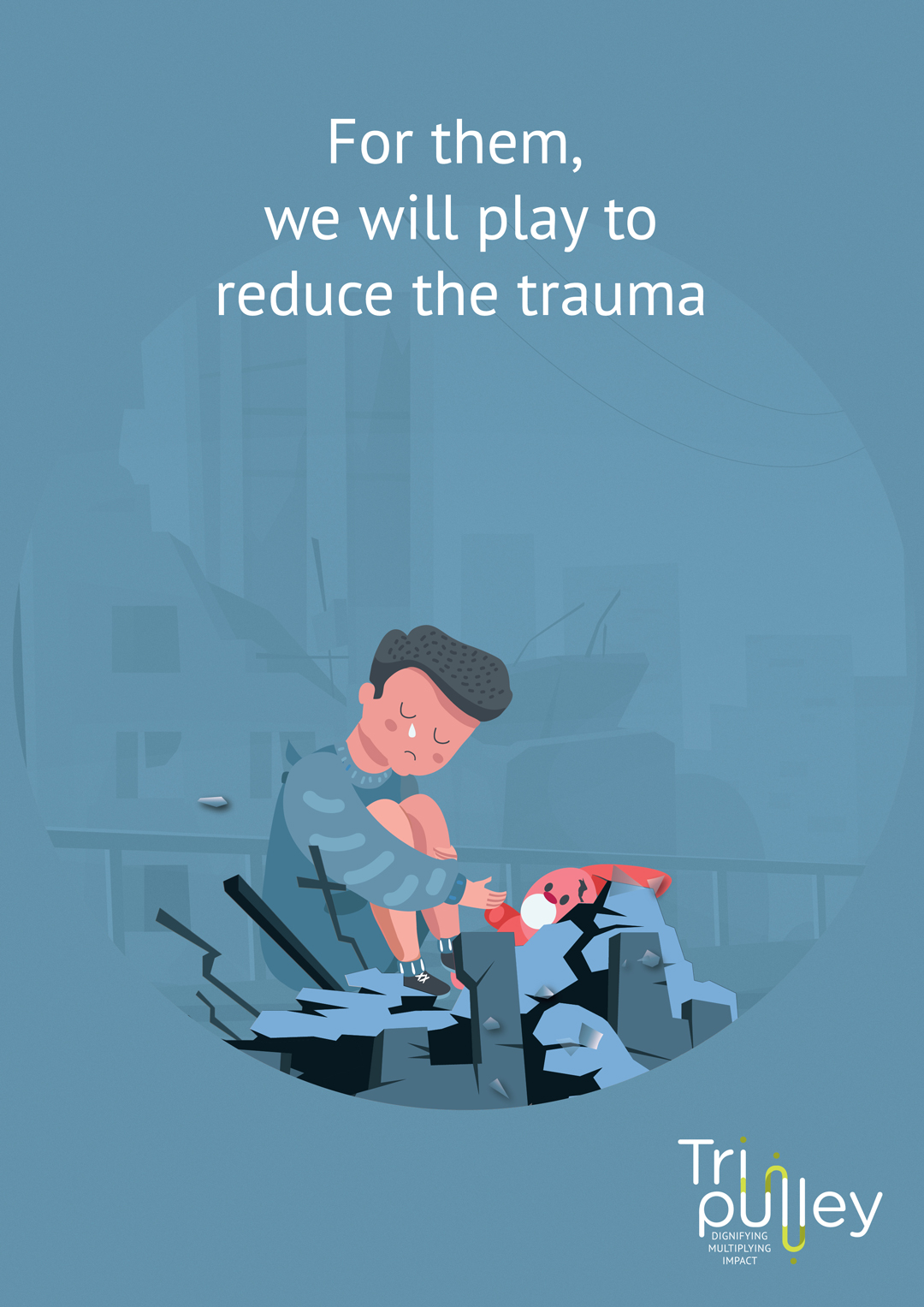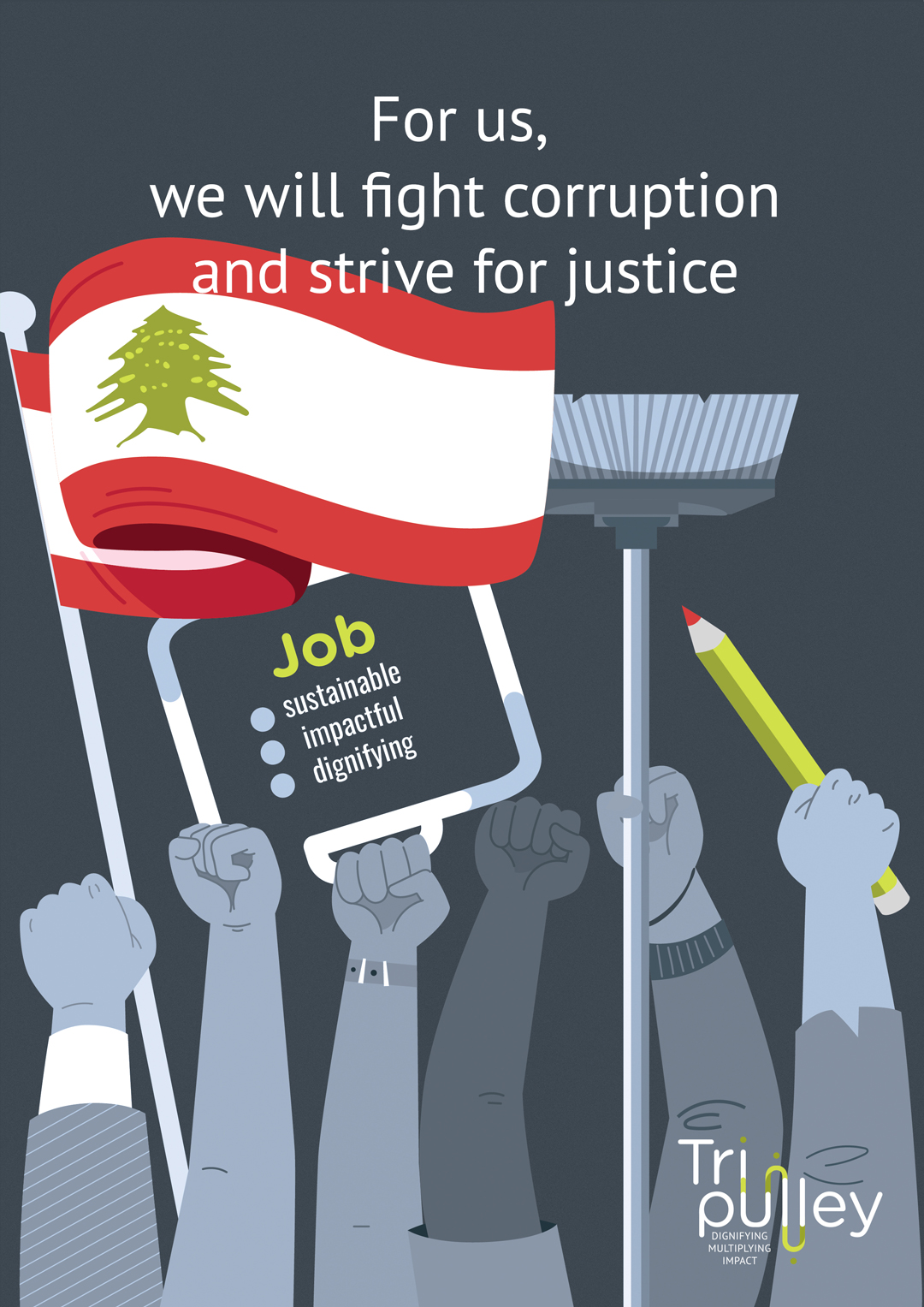Why Beirut?
We had no intention to expand to Beirut until…
On the 4th of August 2020, an explosion at Beirut port shook all of Lebanon, leaving death, destruction, and misery in its way. In a country that was already struggling with a deep economic crisis exacerbated by COVID-19, this explosion was yet another layer of hardship to handle.

Problems confronting the affected groups after the explosion in Beirut:
Socio-Economic
- More than 200 deaths and 6000 reported injuries.
- Around 31,000 businesses impacted (excluding micro businesses). Many of the affected areas were designated as commercial hubs, housing many start-ups, shops, restaurants and pubs.
- Around 130,000 jobs impacted. This added to the already existing free fall economic situation in the country
- Around 140 schools and technical and vocational institutes damaged with 67,000 students at risk of not having access to education
- Many of the residents in the affected areas turned out to be elderly with specific needs (such as limited mobility) and were in dire need of assistance after the explosion
- Some of the affected people might not have been supported since they were not familiar with the aid system and might have been reluctant to ask for help (non-dignifying)
- With 16 of Beirut hospitals damaged and 4 of them severely destroyed, hundreds of health sector workers (medical or administrative) lost their jobs, many of which supported their families
Uncoordinated individual/ organisational and state interventions
- Overall distrust in the information provided by the governmental sources, if any
- Quasi absence of governmental interventions, or very shy/delayed presence
- Due to the massive destruction caused by the explosion and unseen emotional tall on the Lebanese people, individuals and organizations from across the country and from abroad have gathered to support and aid those who are in need. Although this reflected an amazing and touching image of the Lebanese community, unfortunately uncoordinated efforts, be it in the form of assessing damages, distributing meals and parcels or assisting in repairs, have led to the duplication of efforts and waste of funds.
- Donations scattered to too many actors reducing the potential of their impact, almost everybody was fundraising!
- Inexperienced volunteers and initiatives have multiplied in areas that need specialization, therefore increasing the probability of doing more harm, regardless of having good intentions
- During the early stages of interventions, people were very busy and active cleaning rubble and shattered glass and distributing food. However, most interventions were short-term and represented quick fixes without long term perspectives.
- With many residents suffering from some form of PSTD, mental health support initiatives were being launched with the possibility of lack of training of volunteers to handle such conditions
- Parcels were being sent by foreign states and distributed without careful assessment of needs by the local authorities.
- This devotion and enthusiasm to support faded out and foreign support dwindled putting the affected people at risk.
Tensions
- Arising religious and sectarian tensions were already noticed.
- Increased violence and thefts in the city were reported legitimizing the presence of unofficial “groups” claiming their role in protecting the area.
- Some poor neighbourhoods of Beirut (Khandak Ghamik, Basta, Bourj Hammoud) felt once again neglected, allowing room for sectarian discourse and political division.
- Many people are on the edge and clashes between citizens are becoming the new normal.
- Hate messages and rage is increasing significantly over social media channels.
